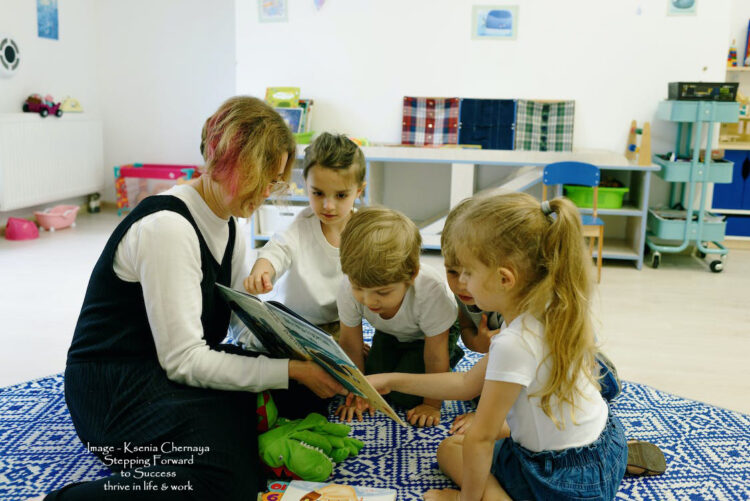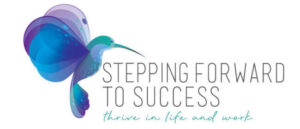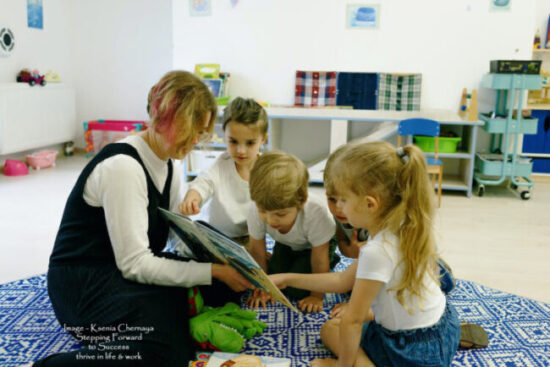Let’s talk teaching practices. As a provisional teacher, these are probably at the front of your mind each day you head into your Centre.
They will also be something you refine as your teaching career progresses.
To be successful and rewarding, your personal teaching practices need to align with the practices at your Centre, but they should also align with your own values.
How can you make sure this happens?
Well, let’s take a look at how you can gain clarity around your own teaching practices and ensure they align with your Centre’s mission and your own values.
Let’s Talk Teaching Practices: Are Yours In Line With Your Values?

What Are Teaching Practices?
Before we jump into aligning your practices with your values, it’s important to understand what defines teaching practices.
In New Zealand, early childhood teaching practices are guided by the principles of Te Whāriki, which as you know, emphasises the holistic development of each child and recognises that children learn through play and exploration.
Some key early childhood teaching practices include:
- Play-based learning: As you will be well aware, play is central to children’s learning in ECE. So, it is important that you and the other teachers at your Centre create an environment that is rich in opportunities for children to engage in exploratory and imaginative play. This helps them to develop their social, emotional, cognitive, and physical skills.
- Relationship-based approach: It takes a village to raise a child, so a big part of teaching is building positive relationships with the children and their whānau. This team approach supports the children’s wellbeing and sense of belonging within the Centre environment.
- Responsive teaching: Rather than having a programme that is set in stone, responsive teaching is about observing and assessing the children’s learning and development. Then using this information, you can plan learning experiences that are responsive to the children’s interests and needs.
- Cultural sensitivity: New Zealand has a diverse population that is full of rich cultural heritage. A big part of teaching practices is recognising these cultures and incorporating them into daily activities. Te Reo is obviously a huge focus, but the children’s learning can also be enriched by embracing different aspects of a number of global cultures.
- Inclusive practice: With so many unique backgrounds and abilities in every Centre, diversity, inclusivity and respect are vital principles. So is providing opportunities for all children to participate in learning.
These five areas are the main practices that every New Zealand Centre will incorporate into their teaching. But how each of these principles are adopted in your individual Centre will differ. So, this is where you will need to consider how the individual approaches sit with your own values and beliefs.
Why Should You Align Your Practices With Your Values?
Aligning your teaching practices with your personal values is crucial because it not only ensures you are being true to yourself, but also promotes a positive learning environment.
When your teaching practices are aligned with your personal values, you can provide a more authentic and meaningful learning experience for the children. By modelling your values in the centre, you can encourage the children to develop their own sense of values and beliefs, and to see the importance of living by them.
All of this can help you to create an environment where all children feel seen, heard, and respected. This can lead to a more positive and inclusive learning experience for the range of abilities and cultural backgrounds within your Centre.
Aligning Your Teaching Practices With Your Values
As a teacher, you need to be comfortable and confident in your work. And a big part of that is ensuring that the teaching practices you adhere to align with your personal values. There are several ways to help make that happen, and they are:
- Reflect on what your values are: Begin by reflecting on your personal values and beliefs about teaching and learning. This will help you identify what is important to you and how you can align your values with the ECE teaching practices at your Centre.
- Deep dive into Te Whāriki: As you know, Te Whāriki provides a set of guiding principles that are present in the national early childhood curriculum framework. Having a deep understanding of Te Whāriki can be really valuable as you can use it as a guide to inform your teaching practices.
- Choose good inquiry studies: Inquiries are a great way to delve deeper into certain teaching concepts throughout your provisional teaching journey. By choosing inquiry questions that let you explore ways your values can be incorporated within your Centre’s parameters, it will help you positively refine the way you teach.
- Collaborate with colleagues: Collaborating with other teachers and your mentor is a great opportunity to share ideas, resources, and best practices. This will also provide you with a support network and help you stay connected to the wider early childhood education community.
- Seek feedback: Seek feedback from your mentor, the families at your Centre, and your colleagues. This will help you to identify areas for improvement and ensure that your teaching practices align with the needs and interests of the children in your care.
- Continue to engage in professional development: Your learning does not end when you receive your certification. It is important to prioritise attending workshops, conferences, and other professional development opportunities to stay up-to-date with current research and best practices in early childhood education. This will help you to continue refining your teaching practices to ensure they always align with your personal values.
Exploration And Refining
The thing about teaching practices is that they will evolve with you over your career. Your personal values might not change and the principles you are teaching will remain the same, but the approach will be different depending on the Centre you are working in and what is going on in your personal life at the time. So, it is important to review your personal teaching practices consistently to ensure they remain in line with your values.
Not sure where to get started on creating the practices you will utilise in your teaching journey? Then, your mentor is a great person to start the discussion with.
Alternatively, you can discuss it with an external support person like myself. As a member of the ICF (International Coaching Federation), I specialise as an ECE coach. My wealth of experience in the Early Childhood profession gives me the tools to support teachers to thrive in life, by implementing intentional change.
If you need that extra bit of support throughout your provisional teaching journey or beyond, then reach out to me today for a chat.
Check out the Roadmap resource here: https://steppingforwardtosuccess.co.nz/roadmap-navigating-ece-provisional-teaching/
Click here to read more about the Roadmap or click here to purchase the Roadmap to Certification ebook for Provisional Certified Teachers. Alternatively, if you are wanting to learn more about my packages, reach out today.
Useful links:
My Website

